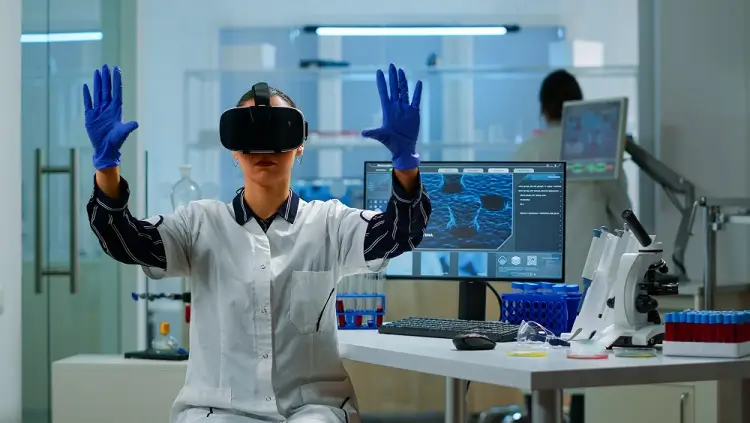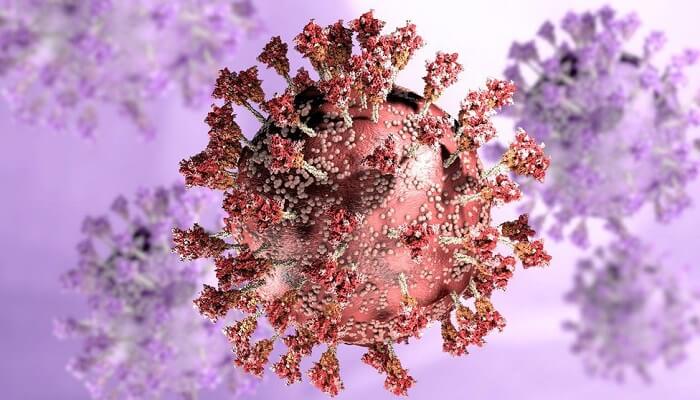Health technology, commonly known as "health tech," is revolutionizing healthcare provision systems most if not all over the world. As a result of innovations in health care, treatments are gradually being tailored, and care becomes more accessible, hence the effectiveness of managing one's health. Mobile health apps, devices for monitoring health, chronic diseases, and even treatment facilities all capture this definition of health tech as a technology that aims to enhance health and well-being.
What is Health Tech?
Health tech refers to the application of information technology in health to raise the standards of health care delivery. It entails mobile, wearable, and remote enabling technologies like telemedicine, artificial intelligence (AI) or digital health solutions. These innovations help doctors make more accurate diagnoses and treat patients more effectively while giving people the tools to control their health independently.
Key Health Tech Innovations
Here are some of the most exciting health tech innovations that are transforming healthcare today:
Telemedicine: Telemedicine enables patients to establish contact with practitioners using video or messages instead of clinic visits. This is particularly important to individuals who have mobility complications or live in densely populated rural areas because they can acquire high-quality medical care from the comfort of their homes. Telemedicine was widely used during the COVID-19 pandemic and is an essential aspect of modern healthcare.
Wearable Health Devices: Smart watches and similar gadgets are in great demand. These wearables can monitor steps, heart rate, and sleep or even oxygen levels. Some high-end wearable technology devices can track lifestyle diseases such as abnormal heart rate and warn users should the situation arise.
Artificial Intelligence (AI) in Diagnostics: Diagnostic tools and methods are a significant beneficiary of the advances in AI technology. For instance, AI can read X-rays, MRIs, and other human body images and diagnose diseases better than the human brain could. AI also identifies potential disease risks and treatment according to the patient data.
Health Apps and Platforms: Applications for health management, including exercise, stress and anxiety, diet and even medication, can now be downloaded from a mobile app store. These apps allow users to input plans for achieving health goals and get links to educational resources and advice through their phones.
Robotic Surgery: The robotic technique introduces changes in surgery because it enables the surgeon to make very accurate movements, such as the strokes of a brush on the affected part of the body, through more minor cuts than would be made on the body of a human being. With the help of robotic systems, surgeons can carry out very delicate operations with high precision by reducing the healing time and avoiding further complications.
Health tech innovations offer numerous benefits, including:
Increased Accessibility: Others can be reached through their homes; hence, less time is spent searching for medical doctors.
Improved Patient Engagement: By using modern technology, people can manage their health, positive lifestyle, and subsequent results independently.
More Efficient Care: High diagnostic systems and AI mean doctors make decisions much faster and more accurately, thus creating better outcomes.
Conclusion
New technologies in health are changing healthcare delivery so that it becomes convenient, efficient and affordable. Telemedicine Tempest how technology is evolving in healthcare, and these ideas empower people and doctors to achieve more positive medical outcomes. As the future rises, healthcare will even offer a brighter future in enhancing the variety of healthcare to produce benefits for all.
-black.png)










